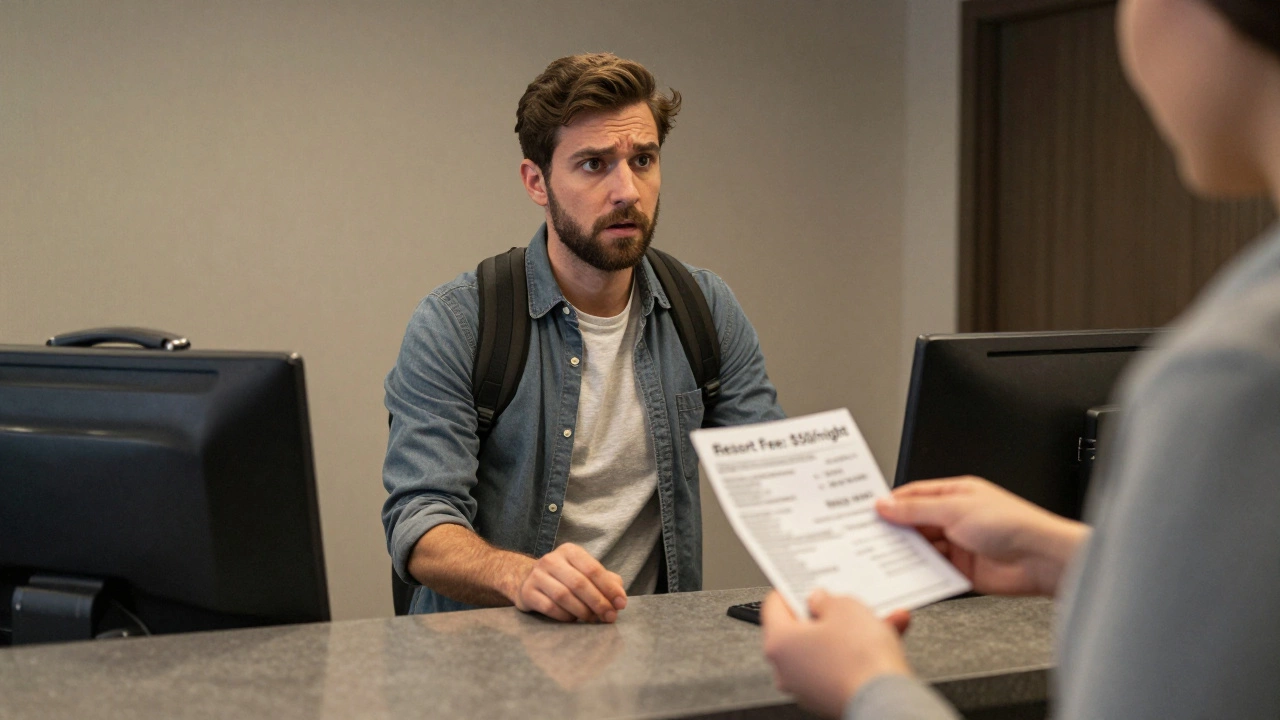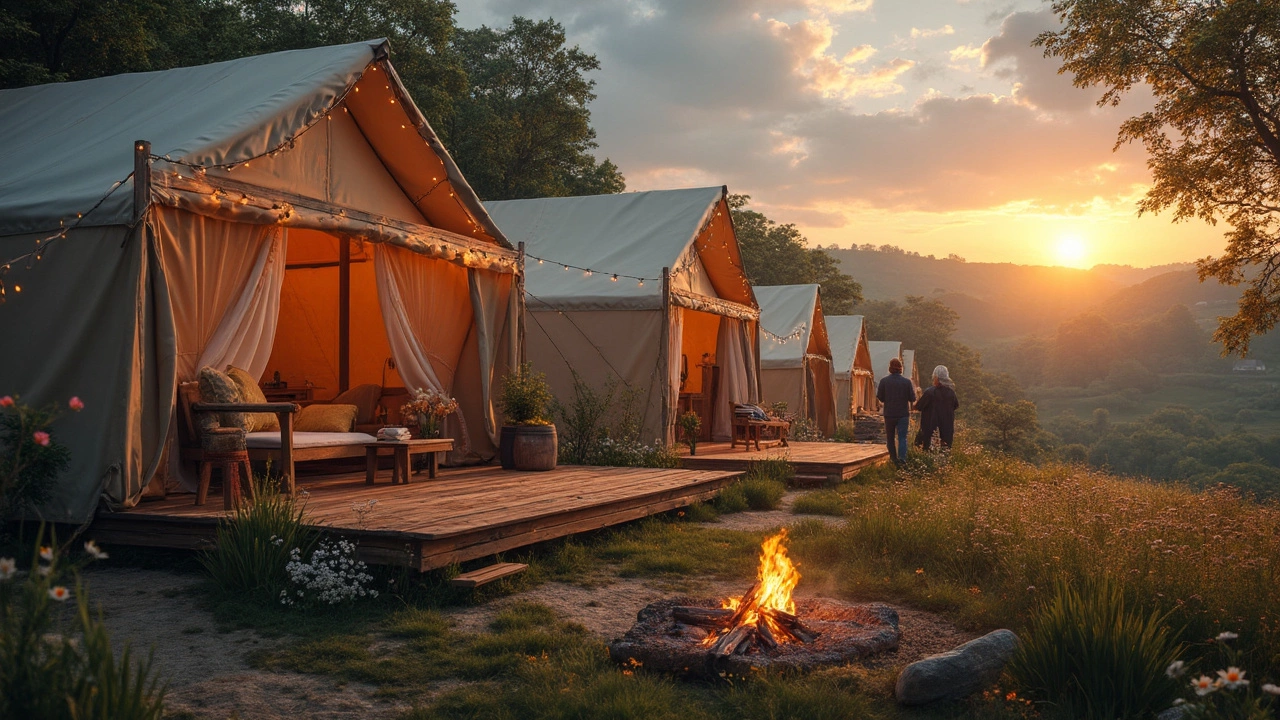Travel Costs: Simple Ways to Budget Your Trip
Planning a getaway can feel like crunching numbers you don’t understand. The good news? Most travel costs fall into a few easy categories, and once you know where the money goes, you can start trimming the fat. Below you’ll find a quick breakdown of typical expenses and some no‑nonsense tricks to keep your budget happy.
What Makes Up Your Travel Costs?
First, pull out a piece of paper (or a notes app) and list the big buckets: transport, lodging, food, activities, and extras. Transport includes flights, trains, car rentals, fuel and even airport parking. Lodging covers hotels, B&Bs, holiday homes or hostels. Food can be a big surprise – meals out, groceries, snacks and drinks add up fast. Activities are tickets, tours, rentals or entry fees, while extras capture insurance, visa fees, souvenirs and unexpected tips.
When you see these categories laid out, the numbers start to look less scary. Most travelers spend roughly 40% on transport, 30% on lodging, and the remaining 30% split between food, activities and extras. Knowing this split helps you decide where to cut – for example, swapping a pricey hotel for a cosy cottage could free up cash for a fun day trip.
Tips to Cut Costs Without Cutting Fun
Now that you know the pieces, here are three easy ways to shrink the bill. 1. Book smart, not early. Flights often drop in price a few weeks before departure, especially on mid‑week days. Set price alerts on a site you trust and wait for a dip before you click ‘Buy’. 2. Choose flexible lodging. Platforms like Airbnb or local holiday let agencies list cottages that cost less than chain hotels, especially outside city centres. Look for places with a kitchen – cooking one or two meals saves hundreds over a week.
3. Eat like a local. Tourist spots charge premium rates for food. Head to a local market, grab a takeaway sandwich, or sit at a pub during lunch specials. Not only will you spend less, you’ll get a more authentic taste of the area.
Bonus tip: use a simple spreadsheet or budgeting app to log every expense as you go. Seeing the total at the end of the day helps you stop before you overspend. Many apps let you set daily limits for food or activities – when you hit the limit, you’ll think twice about that extra souvenir.
Finally, remember that travel isn’t just about spending; it’s about experiences. A well‑planned budget means you can extend your stay, upgrade a room for a night, or splurge on a memorable activity without panic. Keep the categories in mind, use the tricks above, and you’ll find that travel costs are far more manageable than they appear.
Ready to plan your next adventure? Grab a pen, jot down your expected costs, apply the tips, and watch your budget work for you, not against you.

